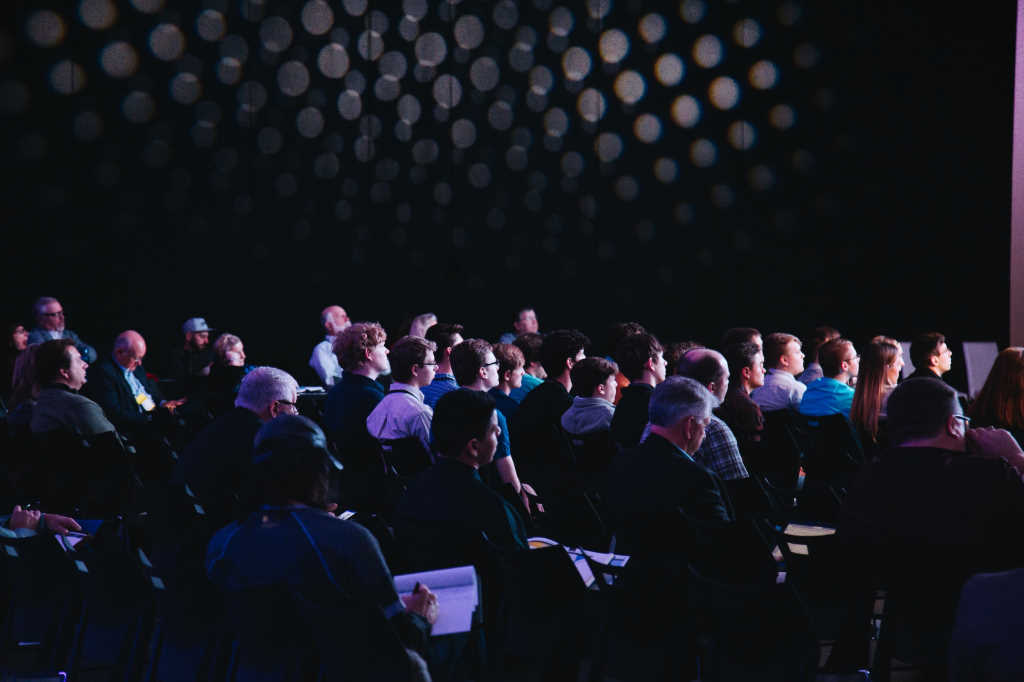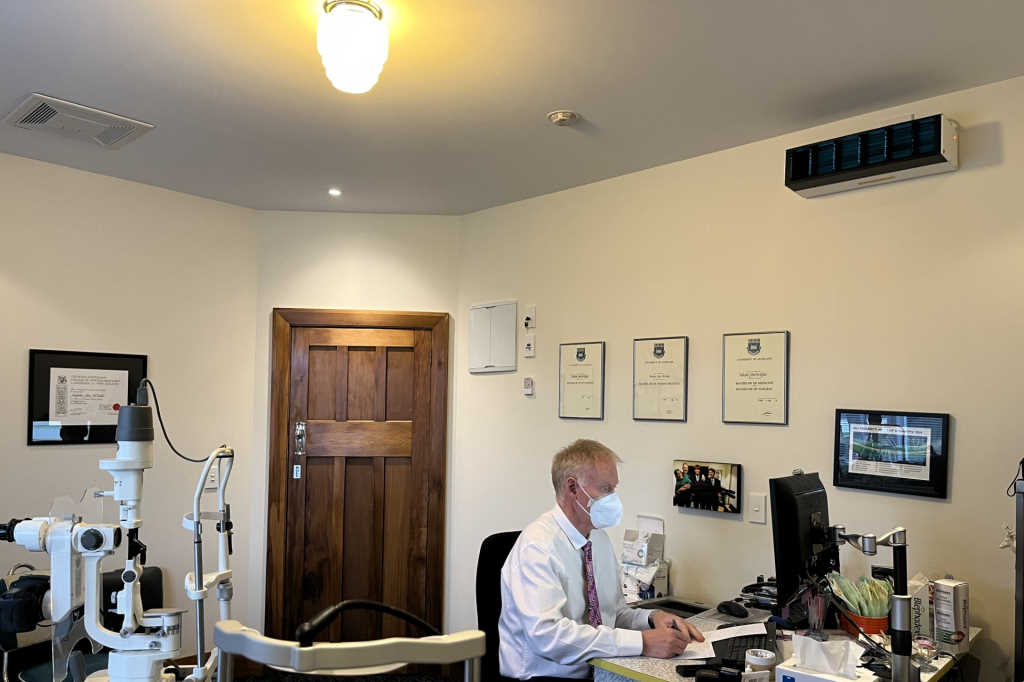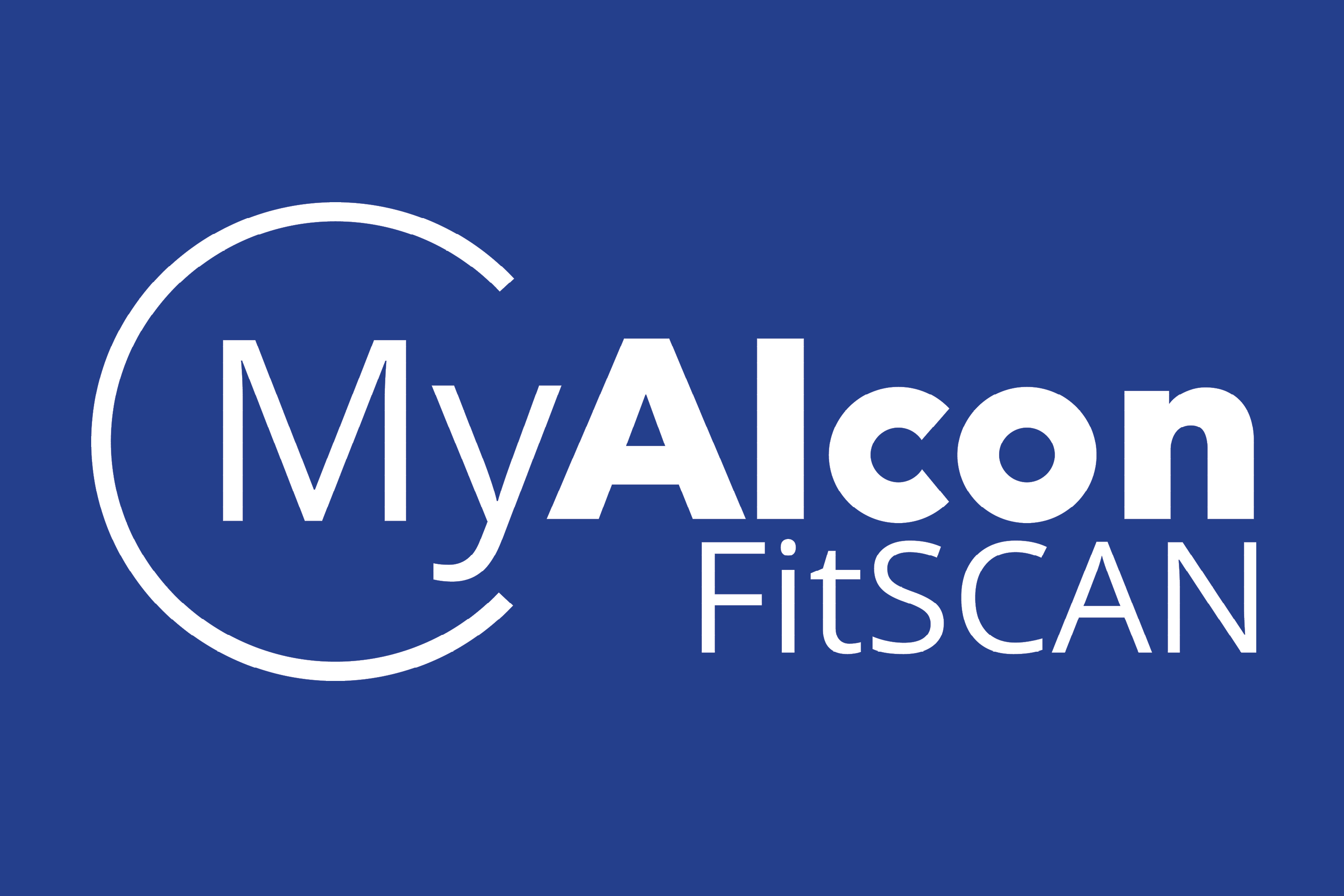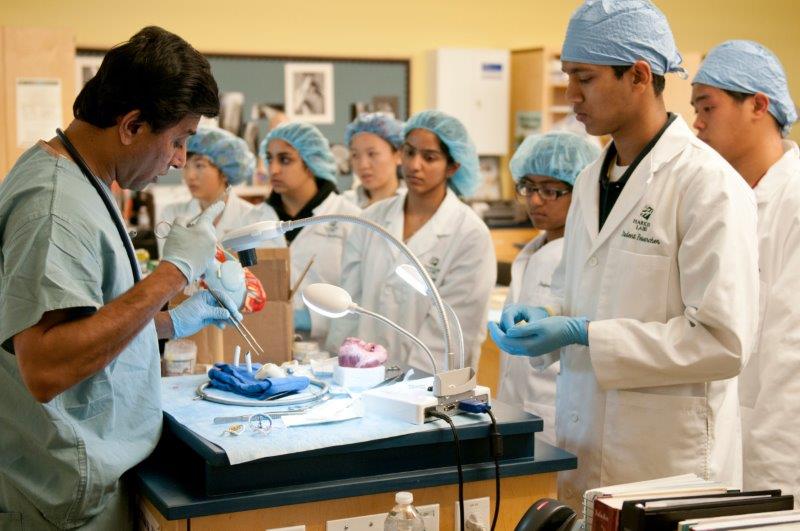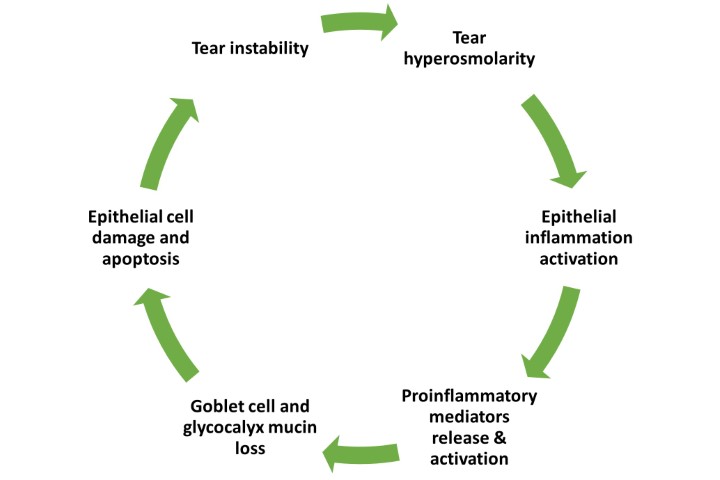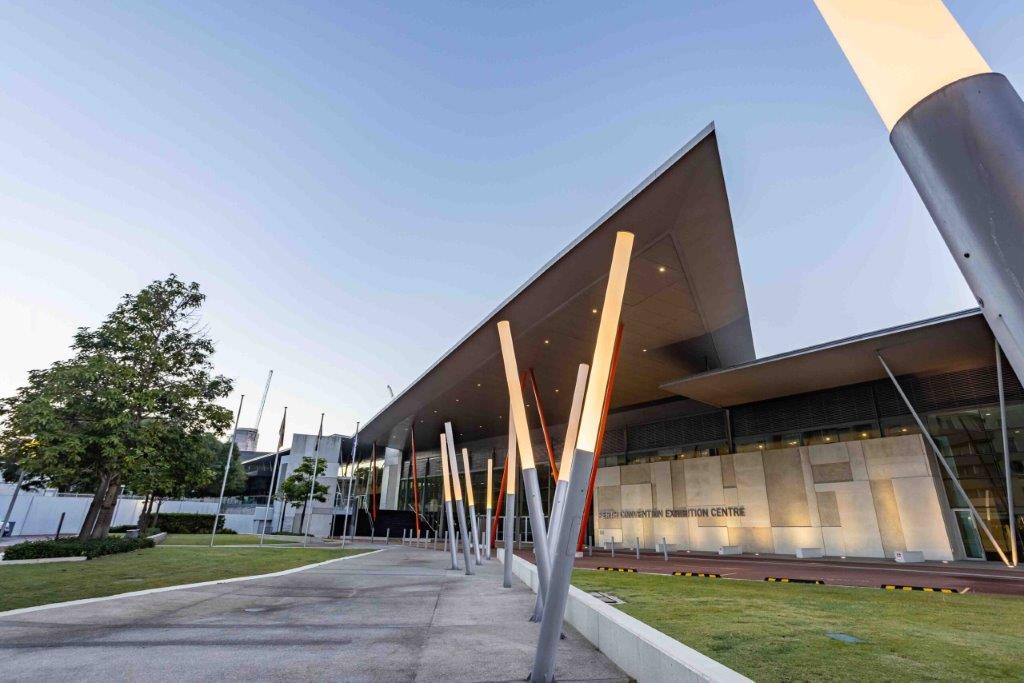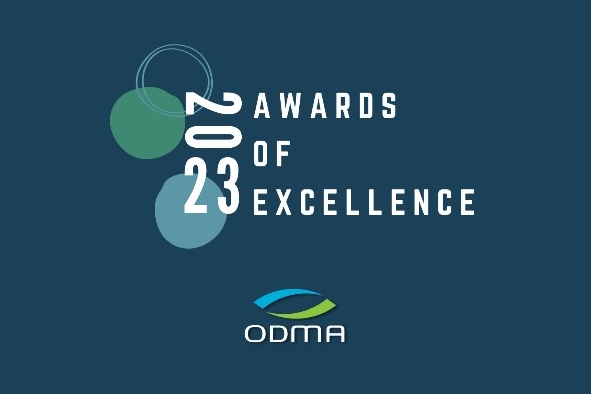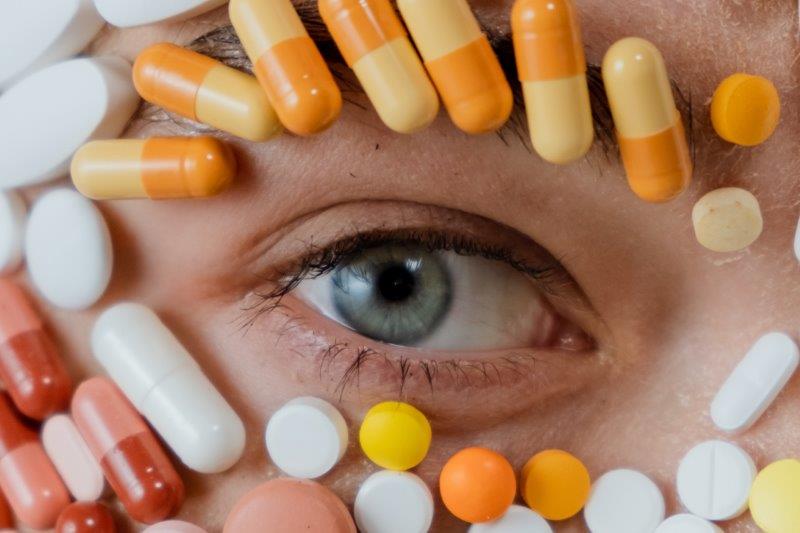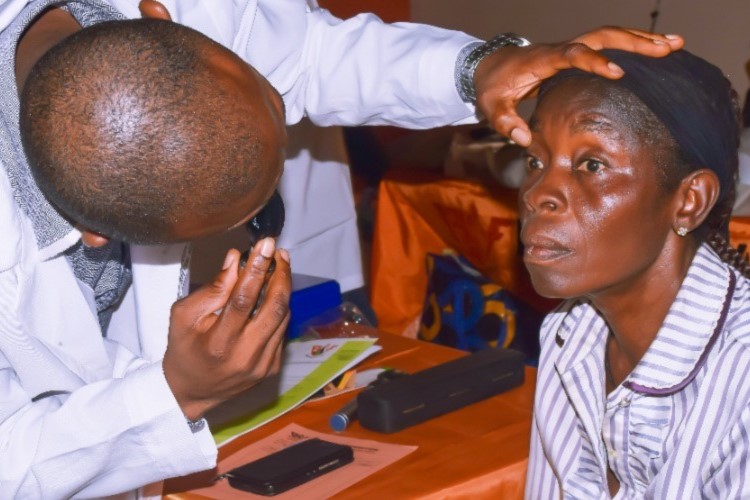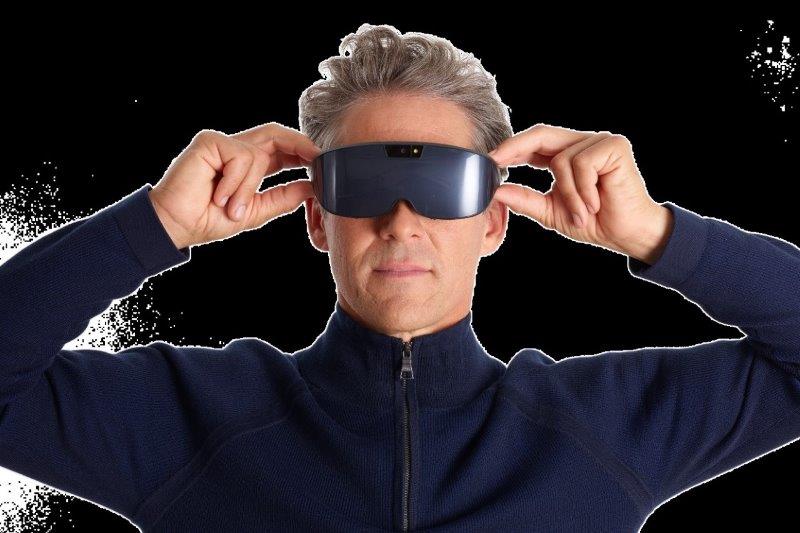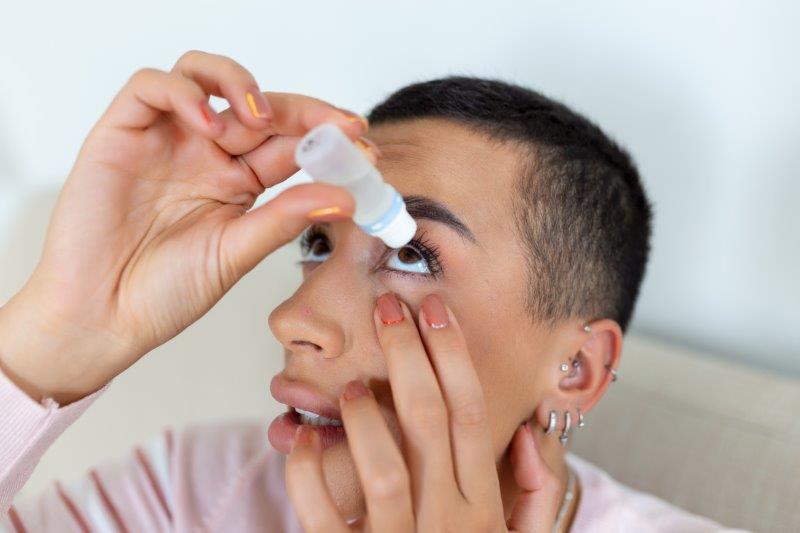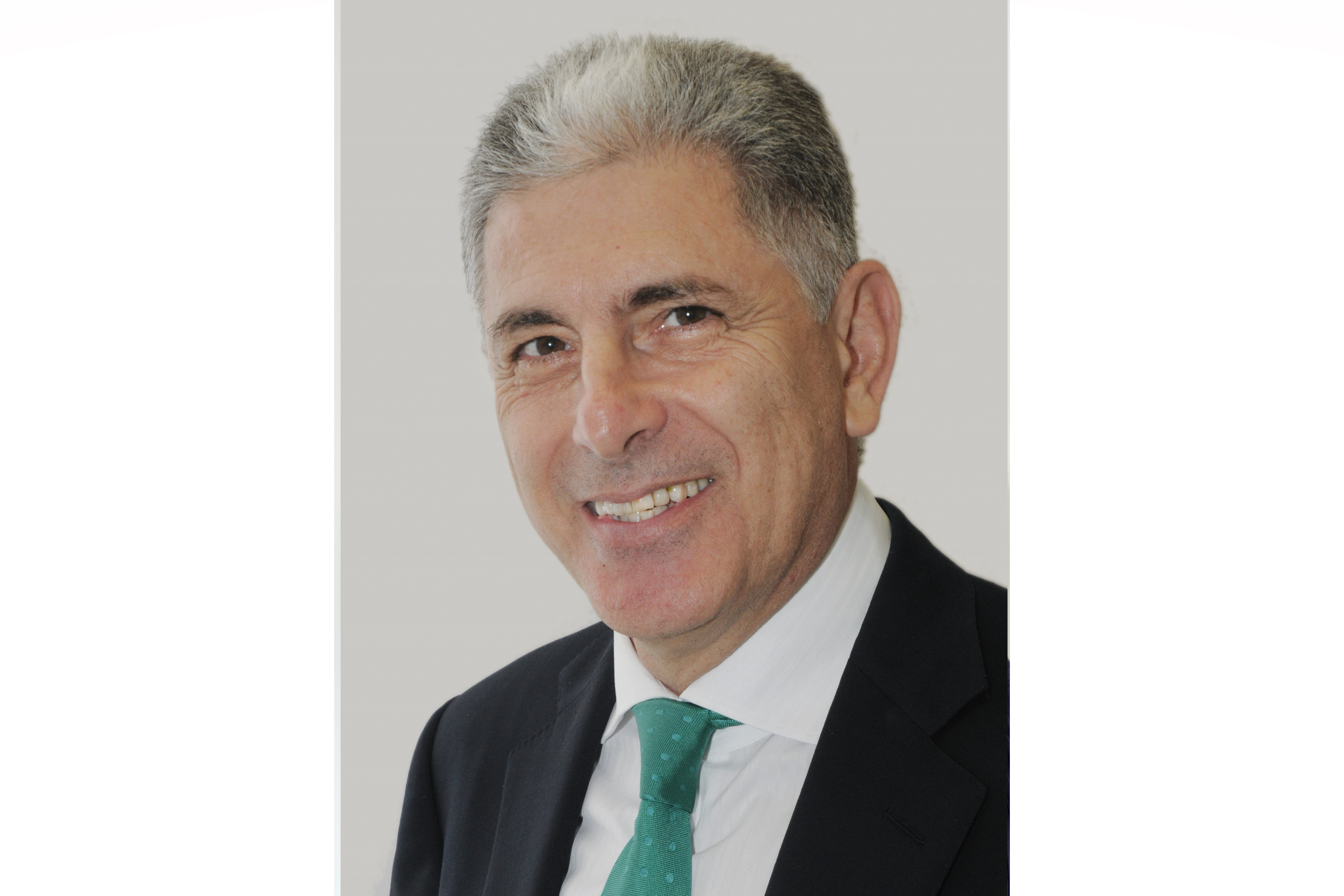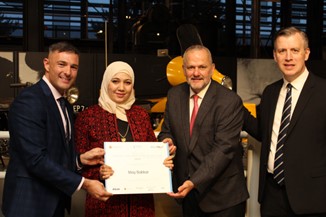CHALKEYES presents... We need a new normal, now!
I was saddened, but not surprised, to hear of the Covid outbreak at our recent RANZCO NZ meeting in Wellington. Conferences are well-recognised superspreader events.
We all want to ‘go back to normal’ but that time is not now. Until a sterilising vaccine is available to us, we will have Covid circulating in the community several times a year. In the two weeks following our conference, 49 people died of Covid in New Zealand. So now we are faced with some difficult questions about our identity and how we will move forward. Not ‘move on’, but ‘move forward’.
How will we respond as scientists?
The outbreak occurred at our Annual Scientific Meeting, when we gather to share information based on research. We are trying to use the scientific method to shape what we do, to ask ourselves, “What changes on Monday?”
The science of Covid is still in its infancy but some things are crystal clear:
- The virus is aerosol spread
- Activities such as talking loudly in crowded, poorly ventilated spaces are high risk
- Fresh air and air filtration/cleaning reduce virus concentration and dramatically reduce the risk of long-range spread
- CO₂ levels are a proxy for the quality of ventilation. High CO₂ levels are also a barrier to learning per se
- Wearing well fitted N95 masks significantly reduces the risk of short-range spread between individuals
- Routine rapid antigen tests (RAT) provide individuals and communities with a method of early detection of infectious status
- There are clear consequences of infection both personally and for the wider community (including a 10% chance of ocular disease), and unclear but potentially significant long-term consequences
- Vaccination is very protective against death and hospitalisation but has limited effect against transmission and, some say, long Covid
How will we respond as moral agents?
The outbreak occurred at a conference where there was a significant amount of discussion about equity. This is right and proper; as doctors we should be constantly asking ourselves:
- What does ‘Primum non nocere’ actually look like?
- How do we care for the most vulnerable in our communities?
- How do we ensure consistent service supply when there are long waiting lists and not enough practitioners?
- How do we care for each other?
- How do we care for ourselves?
So, how do we move forward?
We already have tools available to improve the situation. Individually none is perfect, but combined they can create very good protection for all of us.
- We need to consider our conventions as much more than just an opportunity to disseminate knowledge, enjoy ongoing friendships and networking, and see the latest technology. They are also an opportunity to keep ourselves and our colleagues safe, and maintain a healthy workforce
- Clean air needs to be considered to be as important as clean water
- RANZCO and the New Zealand Branch need to take seriously the widely available guidelines for post-Covid conventions. For example, see: https://www.tepunahamatatini.ac.nz/our-values/safe-covid-19-events/
- We need to work closely with our conference organisers. They need to be asking venues about their ventilation and air cleaning arrangements. A well-designed and maintained building ventilation system should achieve consistently low CO₂ levels (a marker of ventilation efficacy), which are easily measured
- Where buildings cannot guarantee adequate ventilation, we need to ask them what they are planning to do about this
- How we physically arrange our academic sessions and exhibitor areas needs to be reconsidered. These areas should be well ventilated and there should be a CO₂ monitor in place to detect high levels
- How we eat and drink needs to re-thought. In Wellington, the waterfront was right outside our venue and takeout lunches or a coffee stand would have enabled socialising outdoors. At a minimum it should be an easy option for attendees to do this
- Mask wearing should be encouraged and normalised, even when on the podium. Good quality N95 masks should be provided at registration
- All attendees should provide evidence of a negative RAT each day
- We need to make it easy for those who are unwell or RAT-positive to pull out without personal penalty or consequences for the other attendees. Last- minute adjustments to the programme or the ability to present virtually at short notice will remove the pressure to front up when infectious
These arrangements are easy to achieve and similar to those that occur at conferences such as Davos. The world’s wealthy take these precautions to ensure they don’t get sick – why don’t we? Perhaps because we are Kiwis with a ‘she’ll be right’ attitude, none of this seemed to be taken seriously in Wellington. As a result, some of our colleagues and friends got sick. We need them to guide and lead us. Their patients and departments and colleagues need them. Their whanau need them.
We can do much better!
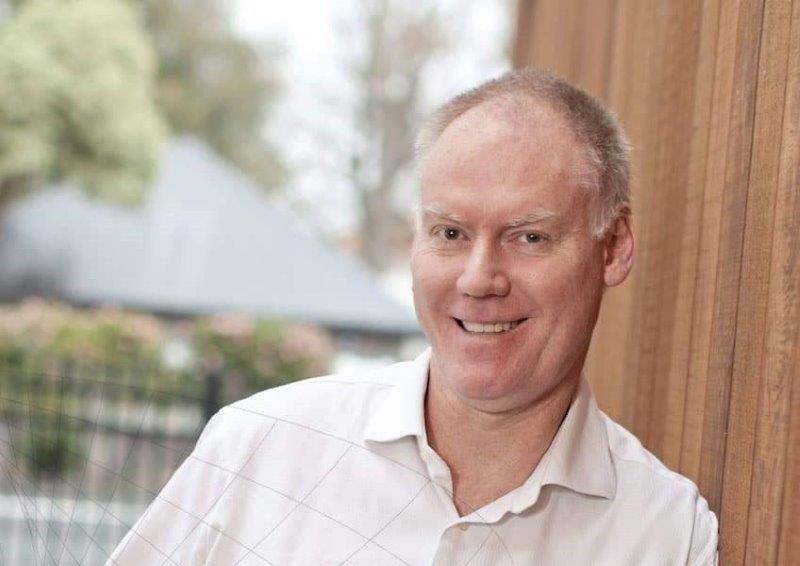
Dr Malcolm McKellar is a Christchurch-based anterior eye surgeon who trained both as an optometrist and ophthalmologist. His sub-specialty interests include complicated cataract surgery, corneal disease and transplantation, surgical correction of refractive error, ocular cancer, pterygium surgery, myopia control and medical management of ocular surface disease and pain.










